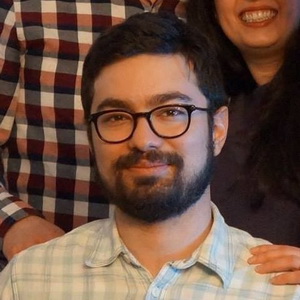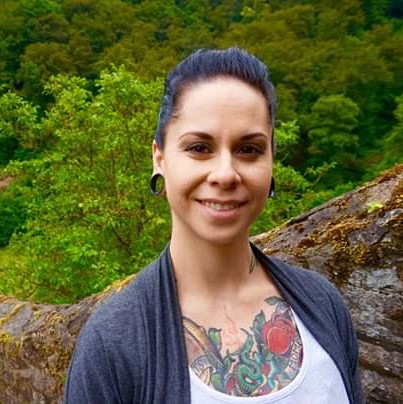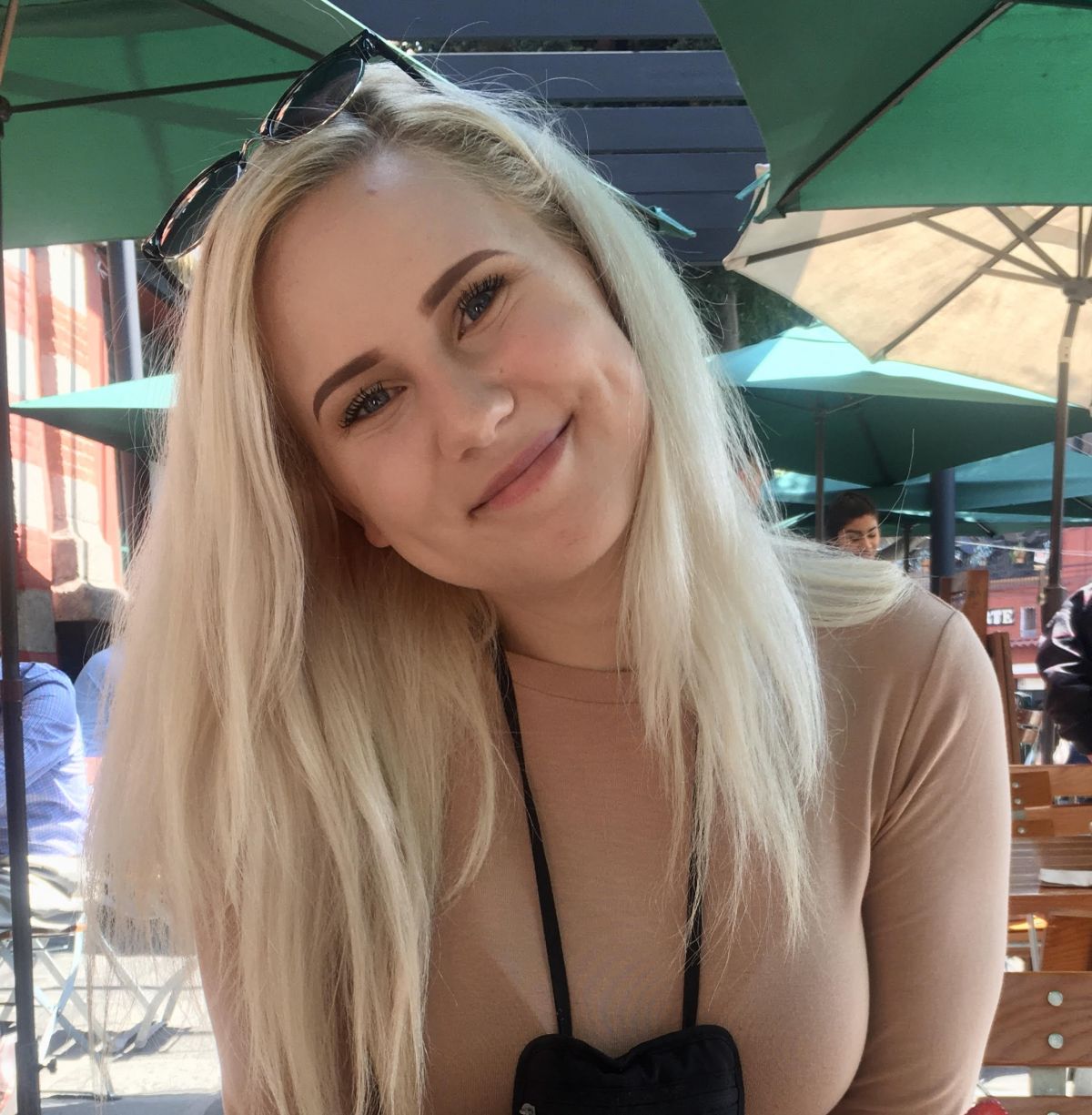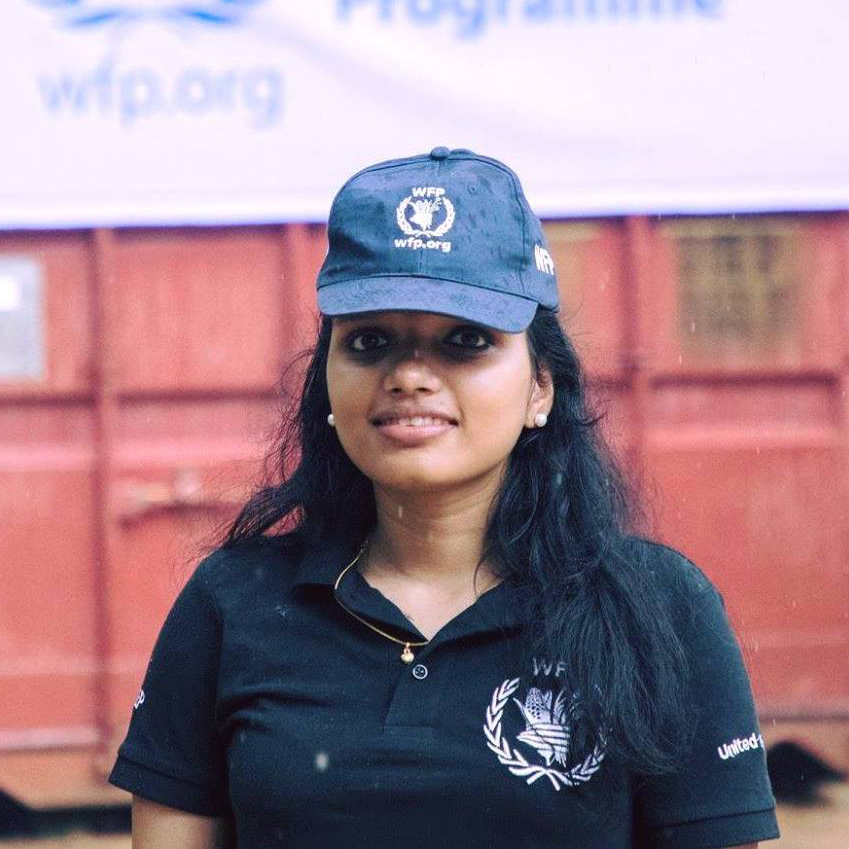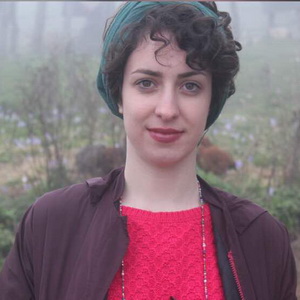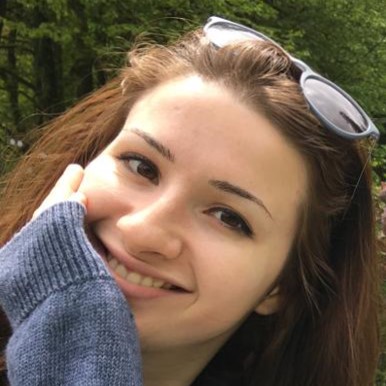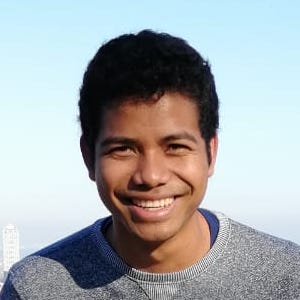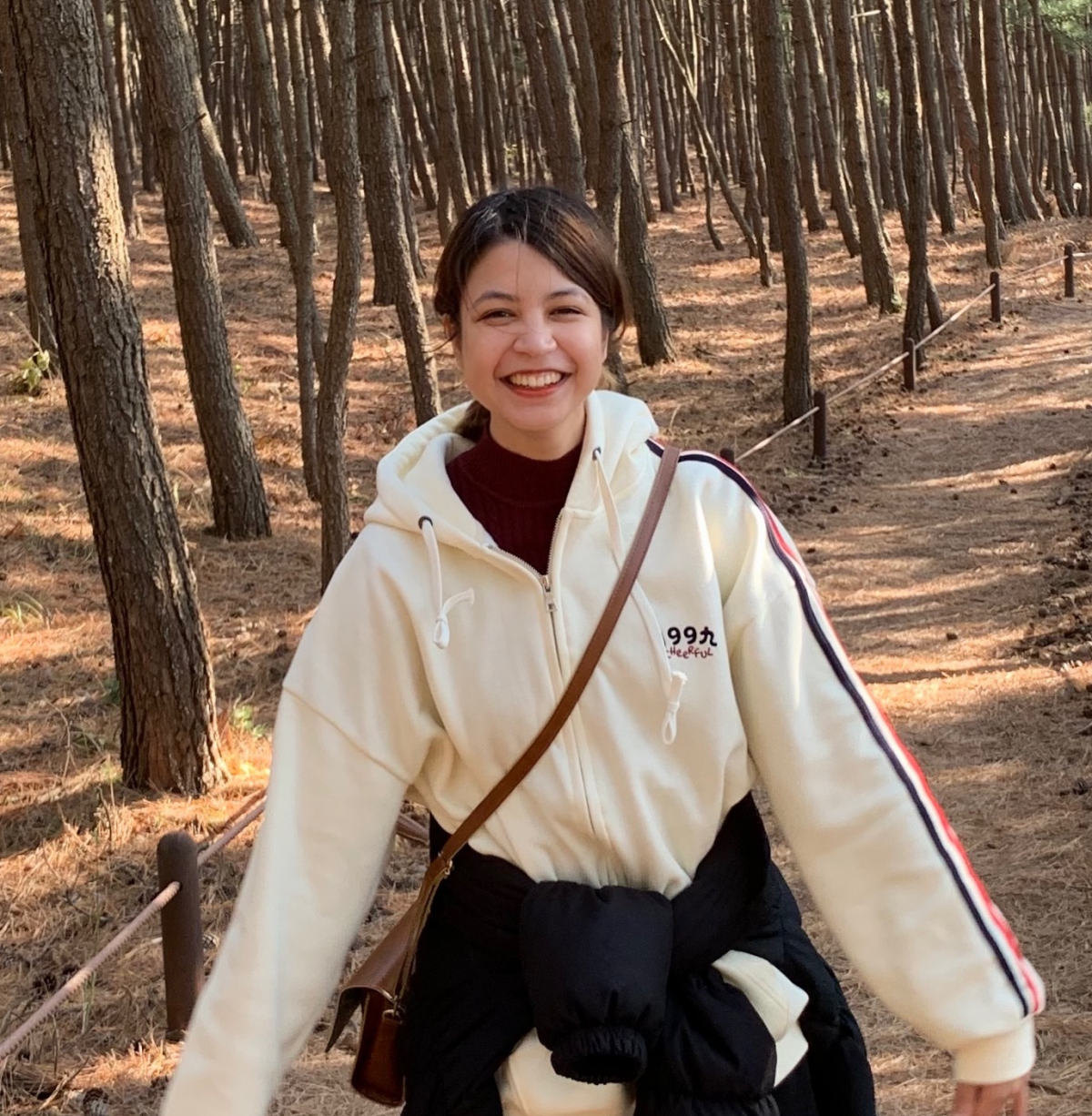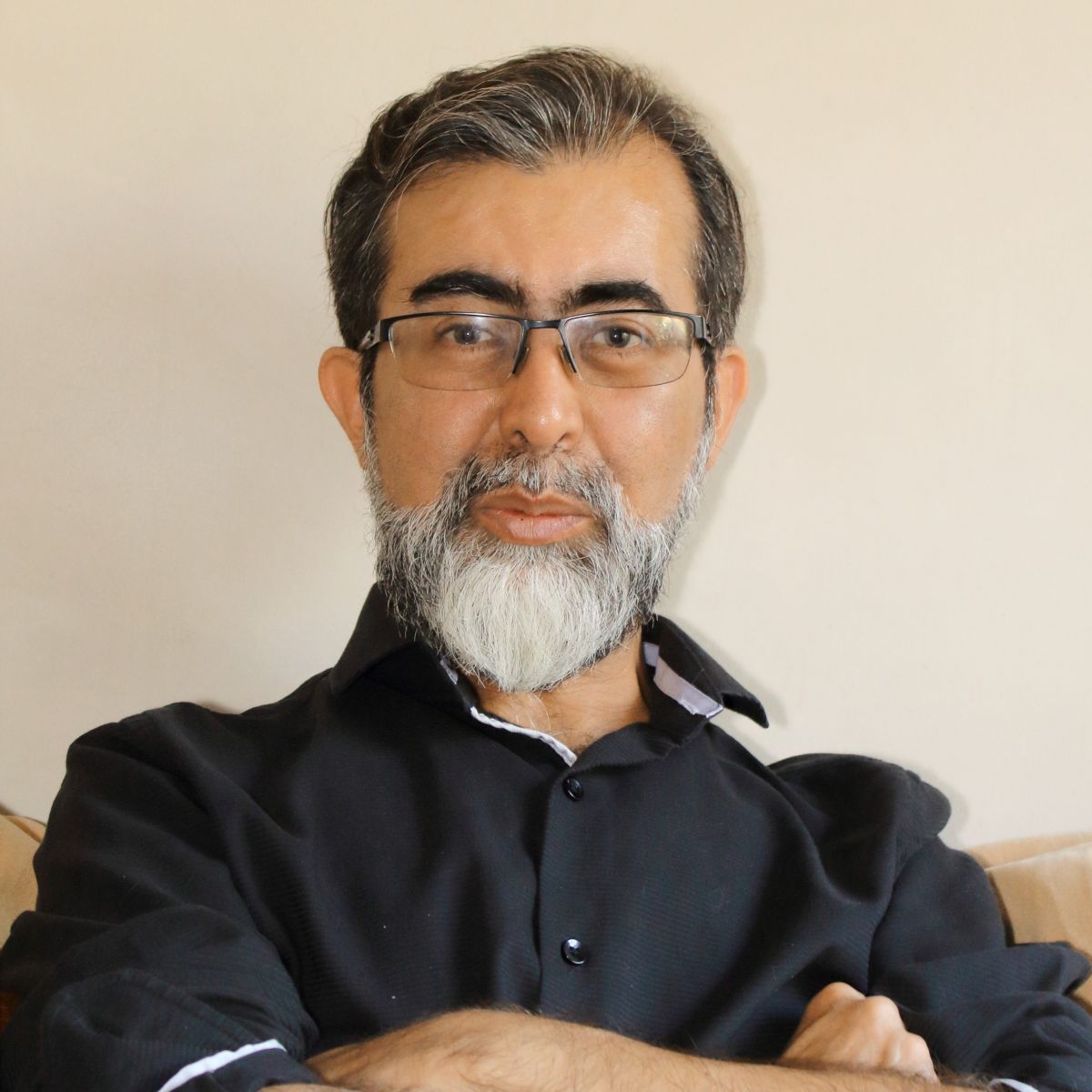Zakaria and Me
My parents enlightened me how Zakaria's family had suffered from the war in Afghanistan and how he was
a guest and in fact needed more attention from us.
Iran, Western Asia
Story by Mani Nouri. Edited by Rick Scherpenhuizen
Published on August 24, 2020.
Reading time: 3 minutes
This story is also available in 




Zakaria was a charming kid around 8 years old with a round face, spectacles, and body. He had an epicanthic eye with a beautiful accent. For example, he would always pronounce the word “shesh” (six in Farsi) as “shash”. Zakaria was from Afghanistan, our eastern neighbors. His parents had moved to Iran in the 1980s, because of the civil war that had been waging in the country for decades and one million Afghans sought refuge in Iran at its western borders.[1]
Zakaria’s friendly parents were working as the janitors of the next building. His father always wanted his son to become a scientist like the medieval Zakaria Razi, the Persian scientist he was named after.
So, the six-year-old me used to see him often and play with him. Under the summer heat, many other neighboring children would join, but it did not always go well. At some point, the neighboring kids started to bully him. I defended him in the beginning, but I found myself alone and the rest of the kids blamed me for defending a “foreigner.” I slowly changed sides and found myself more comfortable following what everybody else was doing.
I remember one day Zakaria sat down on the steps and hid his face with his chubby hands and started crying while the kids were bullying him. This shook me and I told the story to my parents, who to my surprise scolded me for this bad behavior, not defending him but going along with my friends.
They enlightened me on how his family had suffered from the war in Afghanistan and how he was a guest and in fact needed more attention from us. I felt heavy remorse and reproached myself. But it didn’t last long until they left our building. In the years that followed, I didn’t see him anymore, and now I would do anything to see how this grown-up Zakaria is doing at the moment.
Now I ask myself, had my parents not enlightened me on this issue early on, would I have grown up to be ignorant or racist?
Footnotes
[1] These wars refer to the Soviet-Afghan War of 1979-1989, during which millions of Afghans fled their country and the Afghan civil wars with the Taliban that followed in the 1990s.
How does this story make you feel?
Follow-up
Do you have any questions after reading this story? Do you want to follow-up on what you've just read? Get in touch with our team to learn more! Send an email to [email protected].
Talk about this Story
Please enable cookies to view the comments powered by Disqus.
Subscribe to our Monthly Newsletter
Stay up to date with new stories on Correspondents of the World by subscribing to our monthly newsletter:
Tags
Topic: Migration
> The United States
Leaving the American Dream: The World I Come From and the World I Call Home
A story by Kiri Wihongi-Croxford
2 min
When your family is blended with cultures and countries it can seem hard to find a place to fit in. Read more...
> Norway
Dialogue with Refugees in Norway
A story by Lene Mortensen
3 min
Anti-refugee politics is on the rise all over the world, but we can counter this trend by daring to ask questions and get to know those who are being spoken about. Read more...
> Bangladesh
Through Art, Humanity Lasts
A story by Baisali Mohanty
5 min
In the world’s largest refugee camp, Baisali met musicians who told her that music was their freedom. Read more...
Explore other Topics
Get involved
At Correspondents of the World, we want to contribute to a better understanding of one another in a world that seems to get smaller by the day - but somehow neglects to bring people closer together as well. We think that one of the most frequent reasons for misunderstanding and unnecessarily heated debates is that we don't really understand how each of us is affected differently by global issues.
Our aim is to change that with every personal story we share.
Community Worldwide
Correspondents of the World is not just this website, but also a great community of people from all over the world. While face-to-face meetings are difficult at the moment, our Facebook Community Group is THE place to be to meet other people invested in Correspondents of the World. We are currently running a series of online-tea talks to get to know each other better.











